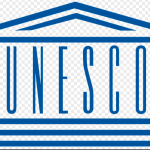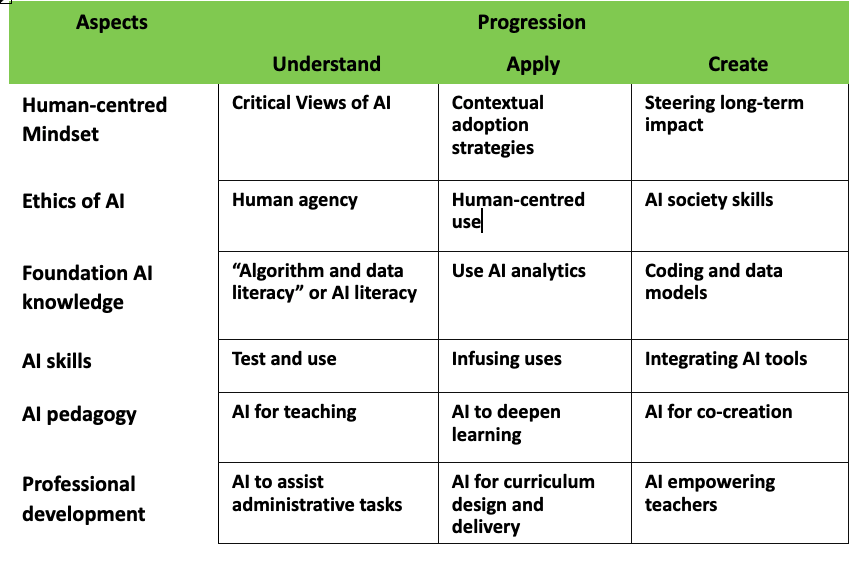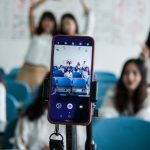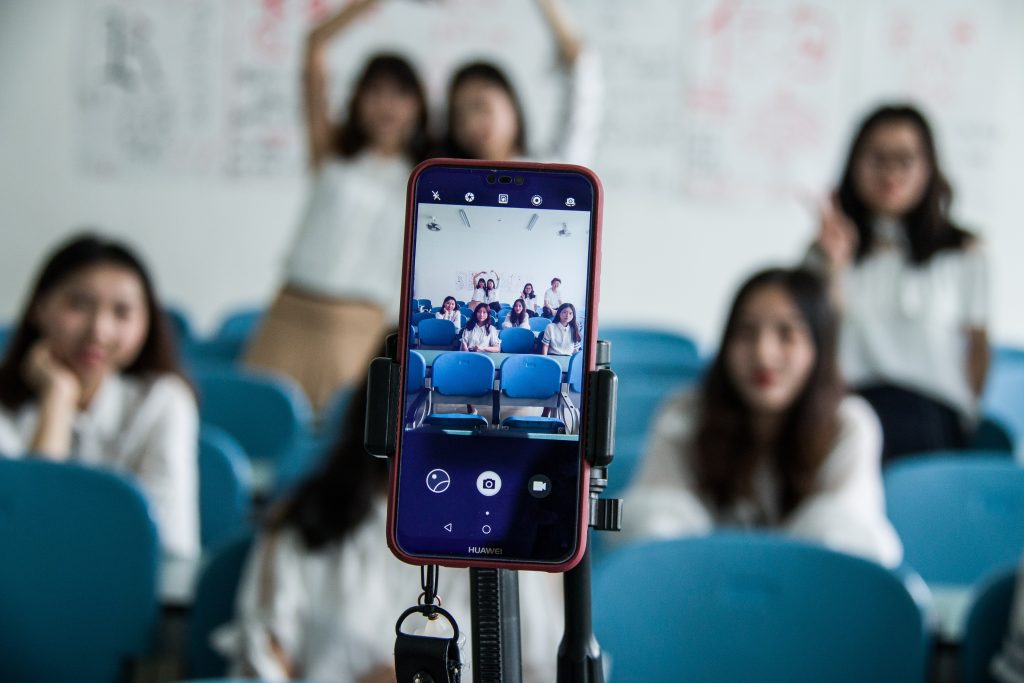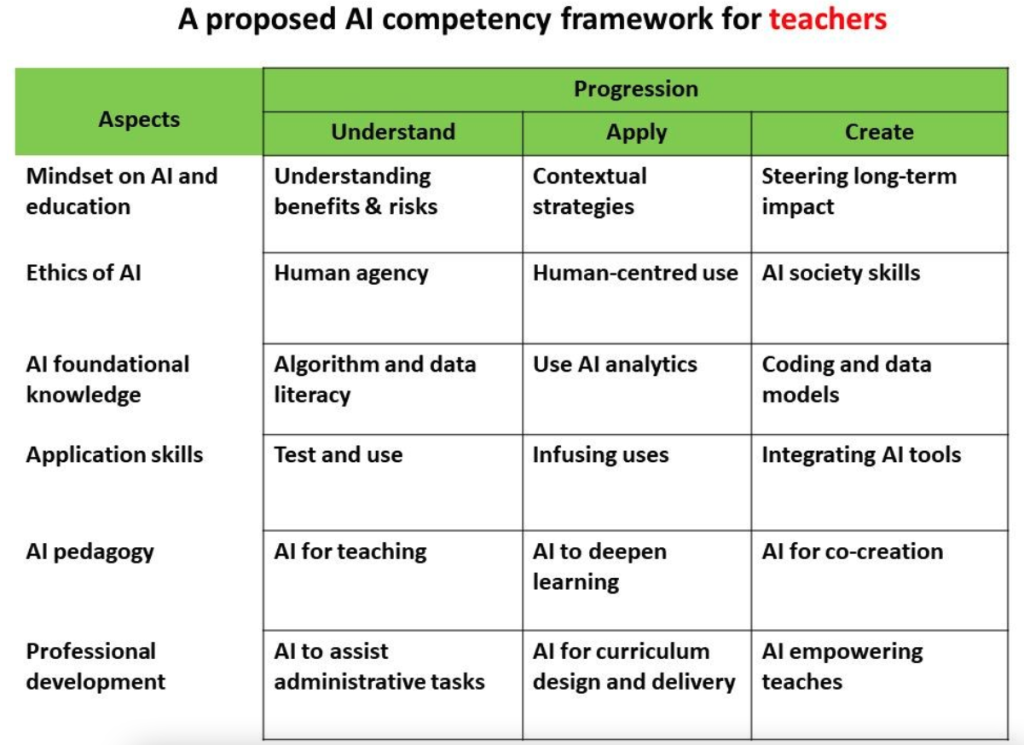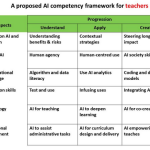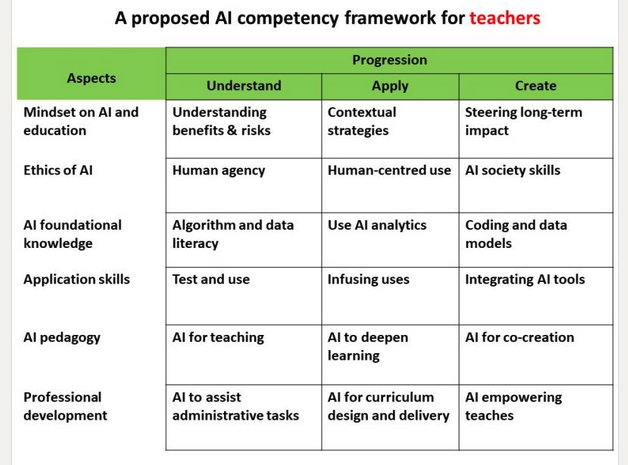What does it mean to live in a world with AI?
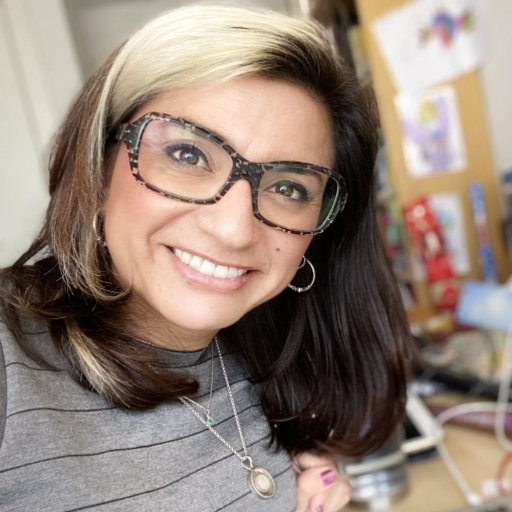
This is the third in our series of expert interviews about AI and education.
Linda Castaneda is Associate Professor Educational Technology at the Universidad de Murcia in Spain where she teaches preservice teachers and other professionals related to learning and undertakes continuing professional development activities for teachers and university professors.
She has recently led a research project for the European Joint Research Centre around the European Frameworks and tools for technology for teachers and trainers:
- DigCompOrg) - supporting the development of digital capacities within educational organisations;
- DigCompEdu – the European framework for supporting teachers and trainers in the use of technology for teaching and learning;
- SELFIE and SELFIE Work Based Learning tools for the self-assessment of readiness of both organisation and individuals for using technology for teaching and learning. m
The study involved the analysis of the use of the Frameworks in Spain to support educational digital transformation, seen as one of the European Member States with a deeper and more extensive use of the frameworks and tools, to learn from its practical experience. The aim was to extract lessons on how to adapt, apply and use the frameworks and tools to digitally transform the Spanish educational systems and to increase the educators´ digital competences together with its educational organisations´ digital capacities.
This report highlights the importance of DigCompEdu as a framework that goes beyond the instrumental view of the digital transformation of education, helping institutions to anticipate, design and structure it. SELFIE is seen as a fundamental tool for school awareness and digital planning. Furthermore, the results consolidate the evidence of diverse approaches to digital transformation, especially considering the context of Spain, where the competence of education is at the regional level.
Linda is also involved in two projects devoted to Foster DIGCOMPEDU in University Teachers, nationally and internationally.
Graham Attwell interviewed Linda Castaneda in September 2003.
Competence Frameworks
“The major problem is how to engage participants in the process of educational digital transformation. Teachers' Training is not meaningful. Students are not motivated. Teachers and trainers complain about how useful the programme is. A reason may be that the Framework of Competences – DigCompEdu is being taken as a curriculum. But before it is useful and can be applied, its contents must be localized, the jargon needs to be translated into something close to the day-to-day experience of teachers – it needs to be based on their practice and to be important for them. At the moment many teachers are not appreciating how useful the Framework could for their area of education.
We need to translate the global framework into something which they can take ownership of. We must realise that different territories, as well as different areas of knowledge – e.g.Engineers and lawyers– have little in common. Translation is needed to make it meaningful with them.
Institutions and governments are backing the use of the Frameworks because they consider a way to be connected with a global –European– vision about the future of education, and also because they are supported by European Union money. It is all about politics and impact.
Even though frameworks are a clear approach on what to do and the perspective where to go, they come from the Anglo Saxon epistemic tradition about learning and education, which focuses on course and time-based learning. Education –with a wider approach– should include informal learning from outside the institution.
Additionally, DigCompEdu is mainly based on Blooms taxonomy, but it largely ignores the issue of metacognition and agency – the power to enact self-directed learning. It is not in the framework but is in discussion of the framework.
Digital transitions
Digital transition in education is too often focused thinking on budgets and governance, not on approaches to teaching and learning. We try to implement as many devices as possible but without challenging poor pedagogical approaches. We saw the problems in that approach in the Covid emergency. Everything about digital transformation is about teaching using a digital device or online. The most advanced technology most teachers –specially at the university– know is Turnitin. This needs a professional approach, teachers are professionals of education.
The Challenge of AI in education
The challenge of AI is what it means to day-to-day work, to the human everyday life. What does it mean to live in a world with AI.
Now we have a very restrictive curriculum. There is a growing debate over how to reshape courses. We need to rethink the purpose of education for each case, and the role of teachers in that new definition of education– e.g. what is the point of teachers especially in technical education –, it is crucial redefine human roles. We need to reconfigure the role of people and think in broader terms. For instance, why do we have a shortage of teachers, can we really replace them with AI?.
This, as everything regarding transformation of education and learning, requires a strategic approach. It is not the responsibility of some, but a systemic issue that ask everyone to have a critical perspective and to redefine the elements of the institutional structures.


